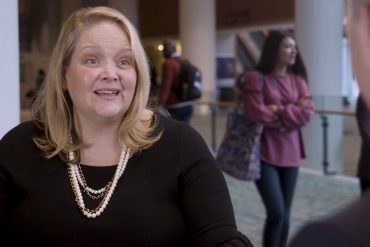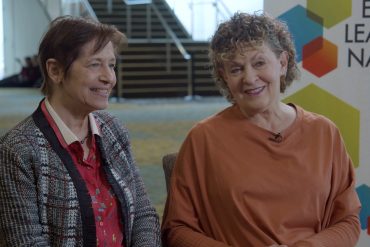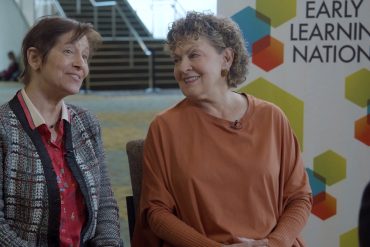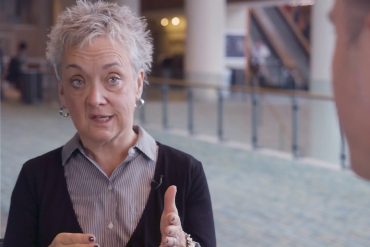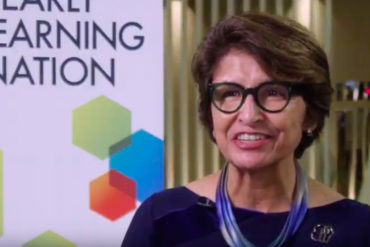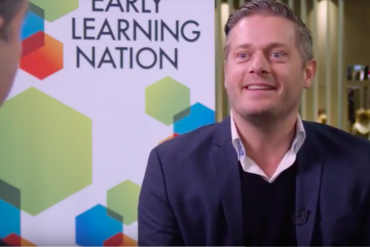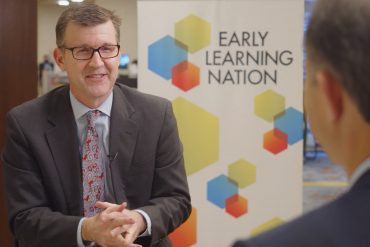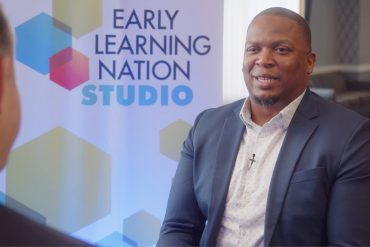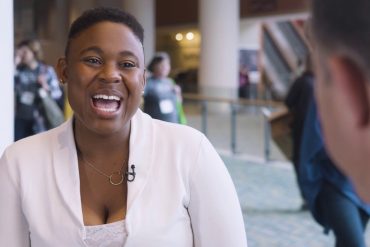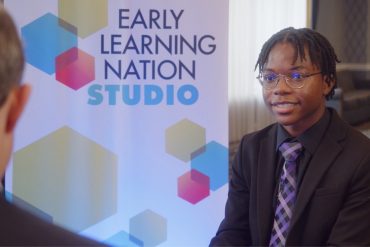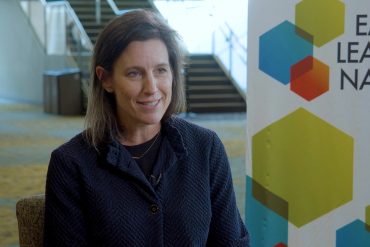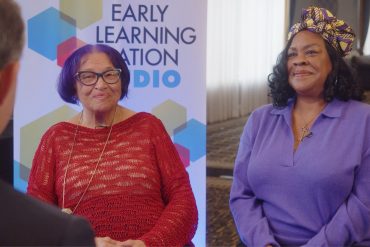As the National Association for the Education of Young Children, two strategic policy priorities NAEYC faces are ensuring access to “high quality, developmentally appropriate early childhood education” and, relatedly, working to ensure the practitioners gain proper recognition – and support – as professionals. NAEYC CEO Rhian Allvin explains how the group will do it.
The pressure to over-program kids often seems endless – so much so that a simple, old-fashioned idea has fallen to the side: Children should play. Roberta Michnick Golinkoff & Kathy Hirsh-Pasek – researchers and co-authors of “Becoming Brilliant, What Science Tells Us About Raising Successful Children” – explain their “Learning Landscapes” program, where they help local municipalities turn public spaces like bus stops into child-friendly play zones.
According to Roberta Michnick Golinkoff & Kathy Hirsh-Pasek – researchers and co-authors of “Becoming Brilliant, What Science Tells Us About Raising Successful Children” – language is the single best predictor of how young children will do in school. That’s why they’ve created an innovative, easy way for practitioners to measure students’ verbal progress. Filmed for Early Learning Nation’s Mobile Studio at the Society for Research in Child Development’s biennial meeting in Baltimore, MD, on March 22, 2019. #SRCD19
Early childhood education is imperative and challenging under any circumstances. Families formed through adoption, families with LGBTQ members, and children who are gender fluid bring their own unique challenges – and opportunities. Robin K. Fox, Interim Dean of University of Wisconsin-Whitewater College of Education & Professional Studies, discusses what teachers, parents, and children need to know – and how they can apply that understanding every day.
How does Girl Scouts of America start shaping young girls into strong, successful adults? As CEO Sylvia Acevedo describes, it begins with early education.
What role does play play in early learning? Kasper Ottosson Kanstrup, vice president and global head of Communities through Play at The Lego Foundation, pulls out his bag of toys, er, research and explains the science of how children learn through play.
As President & CEO of the Smarter Learning Group, Ron Fairchild works directly with communities nationwide. He works with foundations, nonprofits and school districts across the country, all to expand educational opportunities for low-income kids and families. As Fairchild describes, getting to continual strong results takes work. But the ability to get there—and the responsibility to try to improve the next generation of outcomes—exists in every community.
Every child has a story. And the BCDI-Carolina’s Marketing & Communications Manager explains why—in order to improve all children’s learning experience—it’s incumbent on all of us to listen to their stories and know how to share them with others.
What does it take to build 24-hour childcare? It starts with a promise. It continues with commitment. And to listen to Rosa Marie, President of Marvelous Minds Academy, there’s only one way it can end: With doors opening to serve families who need it.
As a high school senior, Rotimi Kukoyi was accepted to all 15 colleges to which he applied. Now, as a UNC student, NBCDI Public Voices Fellow and Morehead-Cain Scholar, Kukoyi explains his mission to ensure that our “education system is properly equipped to provide students from all backgrounds with equitable opportunities in education.” Education, he notes, “should not be limited by a student's income, geographic area or their parents' education status.”
It’s an ongoing global crisis: More than half of all refugee children – some 62 million – have no access to any form of education. From establishing schools in refugee camps to bringing Sesame Street to the Middle East, Sarah Smith, Sr. Director of Education at the International Rescue Committee, explains how the IRC addresses this humanitarian emergency every day. Filmed for Early Learning Nation’s Mobile Studio at the Society for Research in Child Development’s biennial meeting in Baltimore, MD, on March 22, 2019. #SRCD19
From BCDI-Greater Los Angeles comes an ageless African tradition: Mind your elders. After all, from lessons on wisdom to respect, they have important insights for parents and children alike.


